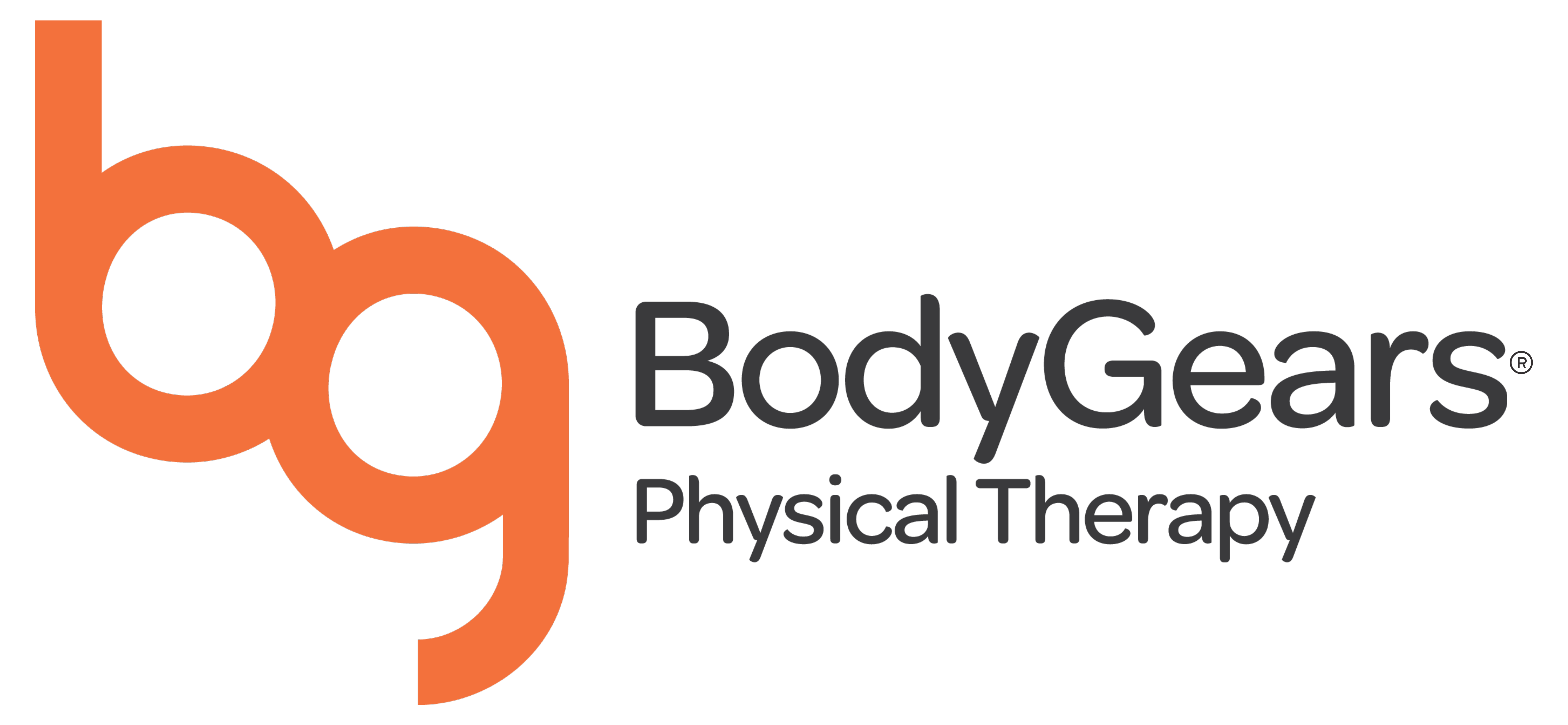Pilates Instructors

Whether you teach Classical Pilates, individual equipment classes, or group mat classes, you know the benefits of specific core activation for all types of clients. But what happens when you know that a client can get a better core contraction but no matter how many months you work at it, nothing seems to “click” in for that patient? What do you do when stretching muscles doesn’t seem to help a client decrease stiffness? Or what about clients who end up canceling their sessions because they are in too much back or shoulder pain?
We regularly refer our physical therapy patients out to distinct Pilates studios around the city. We work with instructors to reach the maximum benefit for the clients and enhance the overall patient experience. How do we manage these upscale clients so that they are able to achieve new Pilate feats? We do a thorough evaluation of the client’s posture not only in sitting and standing, but also in any Pilates position/movement that they want to be able to achieve.

Using our hands, we trace and isolate the mechanical dysfunction (soft tissue lengthening or folding issue), neuromuscular dysfunctions (muscle initiation, strength, or endurance), or a motor control problem (they cannot perform the Pilates movement automatically). Our therapists then incorporate these Pilates positioning and movements into our Functional Manual Therapy® techniques, and re-train the homunculus through neuromuscular re-education in order to attain a new and efficient motor pattern.
Unless your client has a severe injury, there is no need for him/her to take time off from Pilates sessions. You continue your weekly sessions with your client and they see us once a week. You are welcome to attend their Functional Manual Therapy® session to collaborate with the therapist and reinforce the manual gains made. We work with you to help your clientele achieve movement efficiency throughout their Pilates regimen thereby decreasing risk of injury and ensuring greater health and fitness benefits.
As manual therapists, we are trained to directly correlate an evaluation of the patient’s base of support, alignment, Lumbar Protective Mechanism, weight shift, and weight acceptance to assess the patient’s Pilates ability. This differs from what many Pilates clients already experience with massage therapy in that we also address the joints, nervous system, and then movement retraining. These are the five principles to enhance functional posture and efficiency. By assessing these principles for tasks like the Pilates Hundred, full prone plank, and jumping, we can identify if the client is functionally limited by a mechanical, neuromuscular, or motor control dysfunction.
At Body Gears Physical Therapy, our therapists are experts at finding the root cause of your client’s symptoms and then fixing that problem almost immediately. Many of the Pilates instructors who refer us their clients have been amazed at how quickly the alignment changes and what effects it has on their clients’ ability to perform high level poses and movements. Other instructors work more with medically based clients and are impressed with their clients’ newfound automatic strength without having to be cued.
Our approach is to make YOUR Pilates clients’ bodies as efficient as possible, through soft tissue, visceral, neural, and joint mobilization of mechanical restrictions. We are thrilled to have fantastic working relationships with Flow Pilates Studios and Body Balancing Pilates. Our therapist’s bodies and your instructor’s mechanics have never looked so good!

